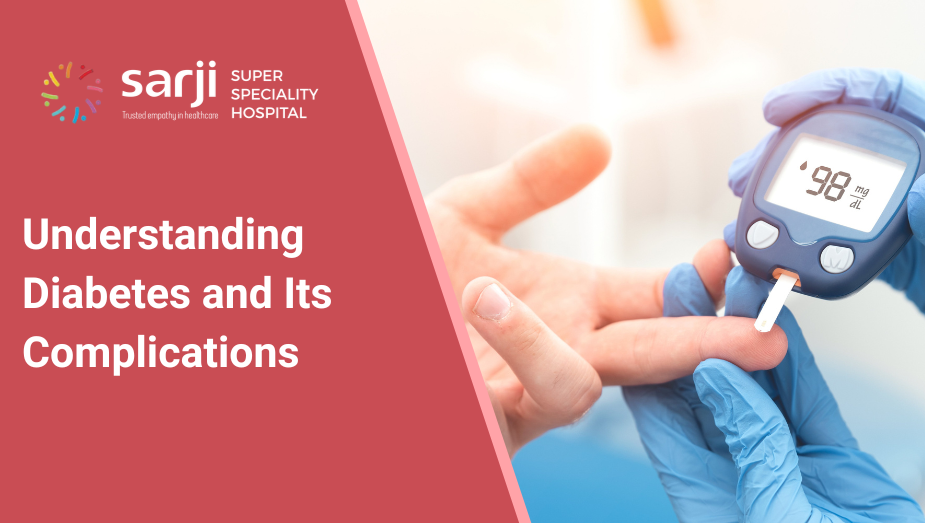
Diabetes is a chronic condition that affects how the body processes blood sugar (glucose). If left uncontrolled, it can lead to serious health complications. Diabetes is broadly classified into Type 1, Type 2, Gestational Diabetes and many such different types, each with unique causes and management approaches.
Types of Diabetes
1. Type 1 Diabetes
An autoimmune condition where the body’s immune system attacks insulin-producing cells in the pancreas. This results in little or no insulin production, requiring lifelong insulin therapy. It commonly appears in childhood or adolescence.
2. Type 2 Diabetes
A metabolic disorder characterized by insulin resistance, where the body does not use insulin effectively. It is often linked to obesity, sedentary lifestyles, and genetic predisposition. Management includes lifestyle changes, oral medications, and sometimes insulin therapy.
3. Gestational Diabetes
A temporary form of diabetes that occurs during pregnancy. It increases the risk of complications for both the mother and the baby but often resolves after delivery. However, women who have had gestational diabetes are at a higher risk of developing Type 2 diabetes later in life.
Complications of Diabetes
Uncontrolled diabetes can lead to several complications affecting multiple organs:
1. Cardiovascular Complications
- Increased risk of heart attack and stroke
- Hypertension (high blood pressure)
- Peripheral artery disease (reduced blood flow to limbs)
2. Nerve Damage (Diabetic Neuropathy)
- Numbness and tingling in extremities
- Increased risk of foot ulcers and infections
- Autonomic neuropathy affecting digestion and blood pressure regulation
3. Kidney Damage (Diabetic Nephropathy)
- Progressive kidney disease that can lead to kidney failure
- May require dialysis or kidney transplant in severe cases
4. Eye Complications (Diabetic Retinopathy)
- Damage to retinal blood vessels, leading to vision impairment
- Increased risk of cataracts and glaucoma
5. Foot Complications
- Poor circulation and nerve damage leading to slow-healing wounds
- Increased risk of foot ulcers and infections, sometimes requiring amputation
Diabetes in Pregnancy: Risks and Complications
Pregnancy poses additional challenges for diabetic women, requiring careful monitoring and management to ensure maternal and fetal well-being.
1. Risks to the Mother
- Increased risk of preeclampsia (high blood pressure in pregnancy)
- Higher likelihood of cesarean delivery due to complications
- Greater chance of developing long-term Type 2 diabetes (for gestational diabetes patients)
2. Risks to the Baby
- Excessive birth weight (macrosomia), increasing birth trauma risk
- Low blood sugar (neonatal hypoglycemia) after birth
- Higher risk of developing obesity and Type 2 diabetes later in life
- Increased likelihood of premature birth and respiratory distress syndrome
Managing Diabetes for a Healthier Life
Effective diabetes management includes:
- Regular blood sugar monitoring
- A healthy diet rich in fiber and low in refined sugars
- Consistent physical activity
- Medications or insulin therapy as prescribed
- Routine medical check-ups to detect complications early
In brief
Diabetes is a manageable condition with the right lifestyle modifications and medical interventions. Whether you have diabetes or are at risk, taking proactive steps can prevent complications and enhance your quality of life.






